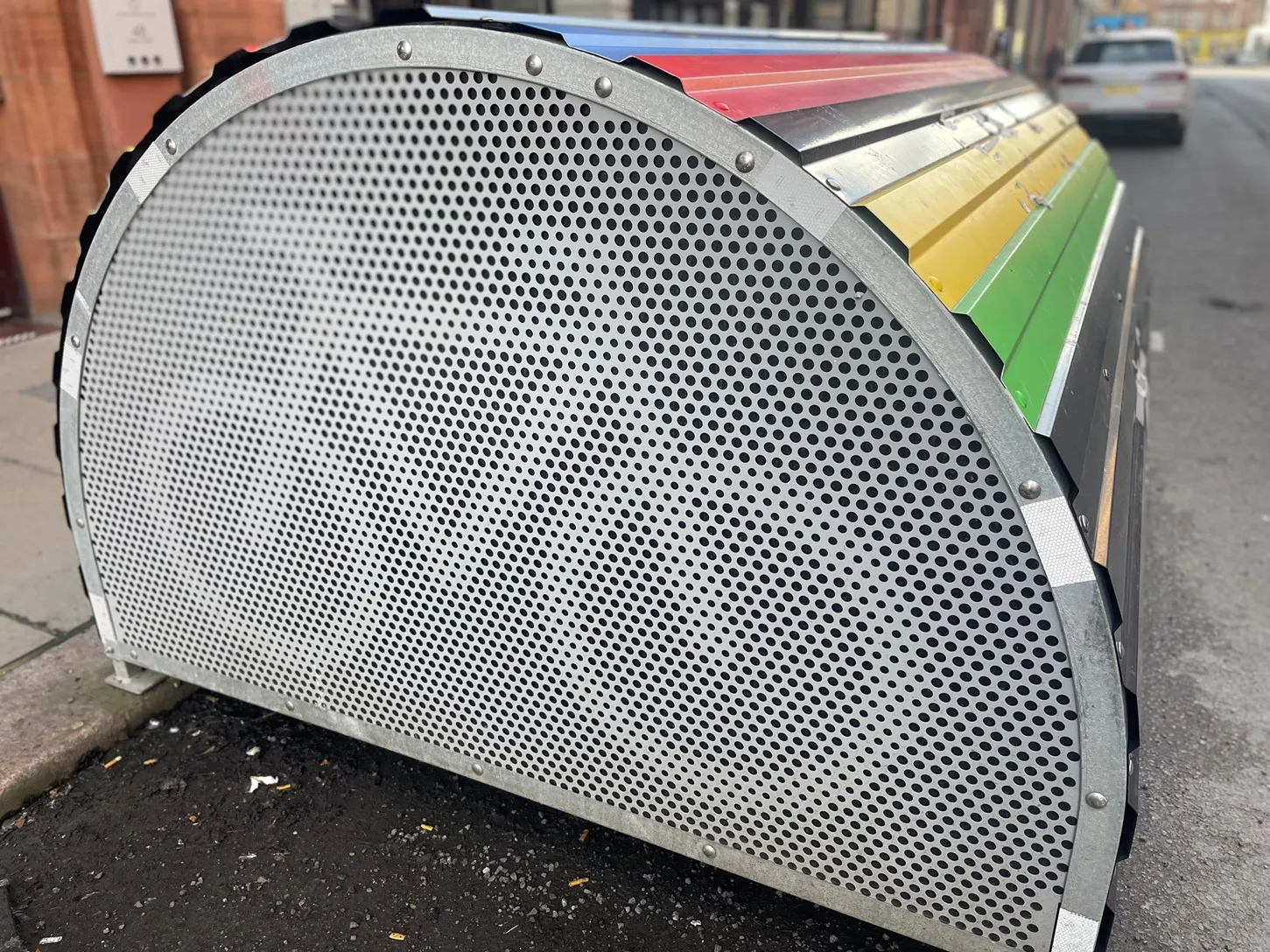In a new report Carplus sets out how car clubs in new developments can work to reduce parking requirements, optimise land use and make developments viable in areas of parking pressure.
According to Carplus, one car club vehicle replaces as many as ten privately owned vehicles, freeing up space whilst allowing people to have access to a car alongside public transport, walking and cycling.
The report draws on the experiences of developers, local authorities and car club operators in ten schemes and examines how the development of frameworks and practices in these areas have advanced. Success factors for car clubs in low car and car free developments are set out in the report – along with details of lessons learned.
Carplus says that in addition to reducing parking requirements, car clubs improve the environment for residents in both new developments and the areas around them. Car club use has been shown to reduce congestion, improve air quality, reduce CO2 emissions and provide affordable mobility.
Carplus study into car clubs released
In a new report Carplus sets out how car clubs in new developments can work to reduce parking requirements, optimise land use and make developments viable in areas of parking pressure. According to Carplus, one car club vehicle replaces as many as ten privately owned vehicles, freeing up space whilst allowing people to have access to a car alongside public transport, walking and cycling.
April 22, 2016
Read time: 2 mins









